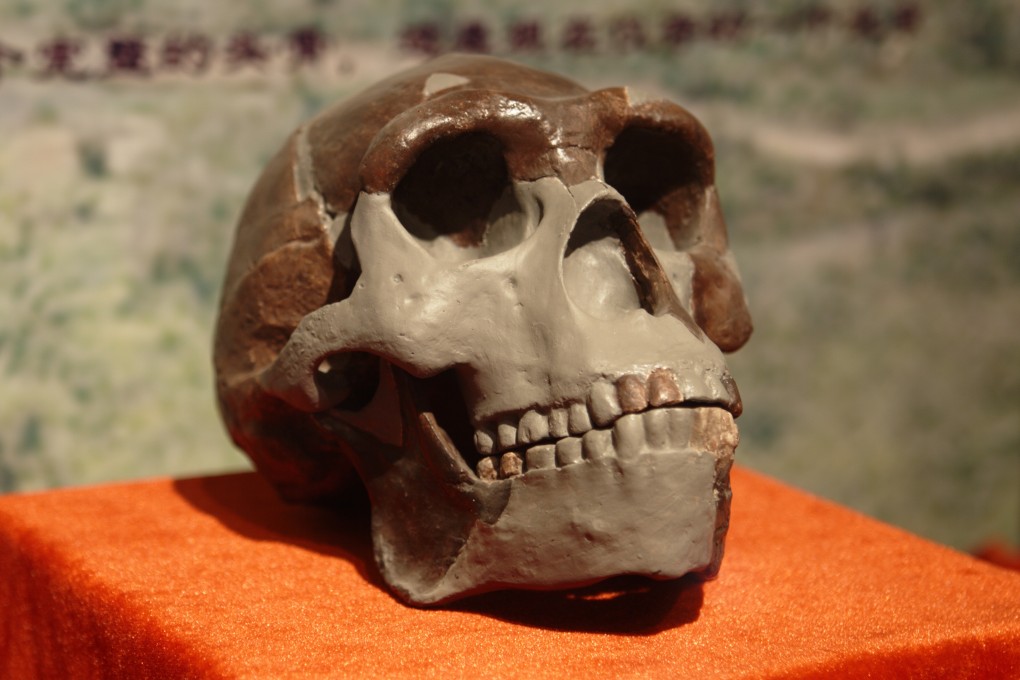100,000 year old human remains found in China 'may show evidence of cannibalism'

Mainland Chinese researchers have found two pieces of thigh bone from an early human child who lived 100,000 years ago which may show evidence of cannibalism, the Guangming Daily reported.

The bones are believed to have belonged to the so-called "Xuchang man", an extinct species of early human with possible links to modern day Chinese, first discovered at a site 15 kilometres from Xuchang city in Henan province.
There are “signs of biting and gnawing” on the bones, which belonged to a young Xuchang man, lead archeologist Li Zhanyang told the newspaper.
Li said that the marks could have been left by carnivorous animals, but “the possibility of fellow hominids eating nutritious content from the bones could not be ruled out".
Evidence of cannibalism has been found by scientists studying the remains of ancient humans throughout the globe, including early Homo sapiens specimens.
